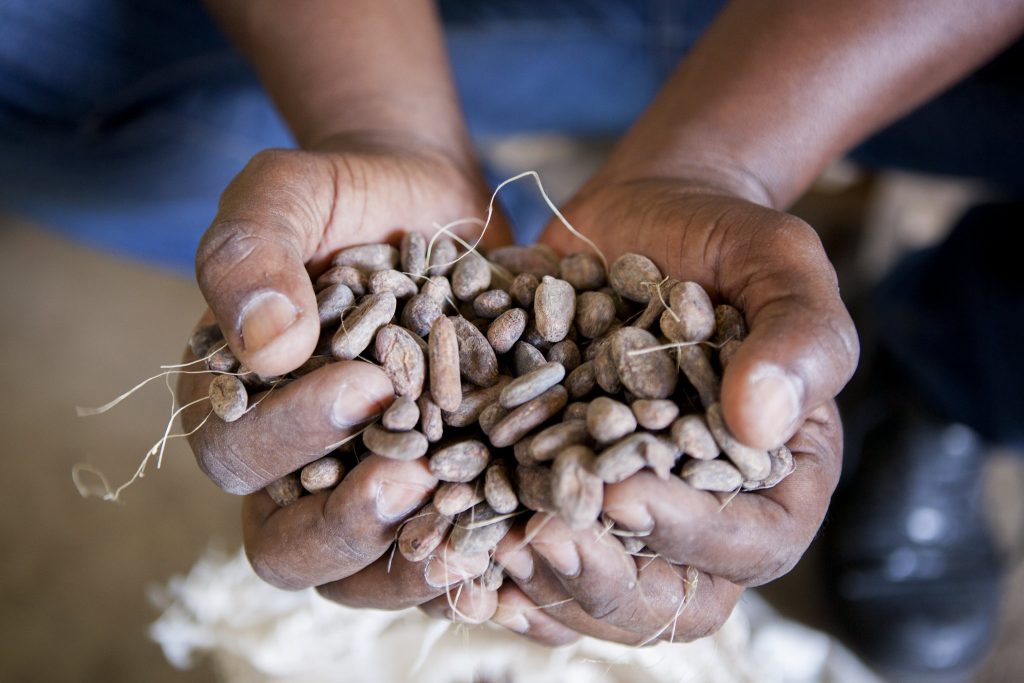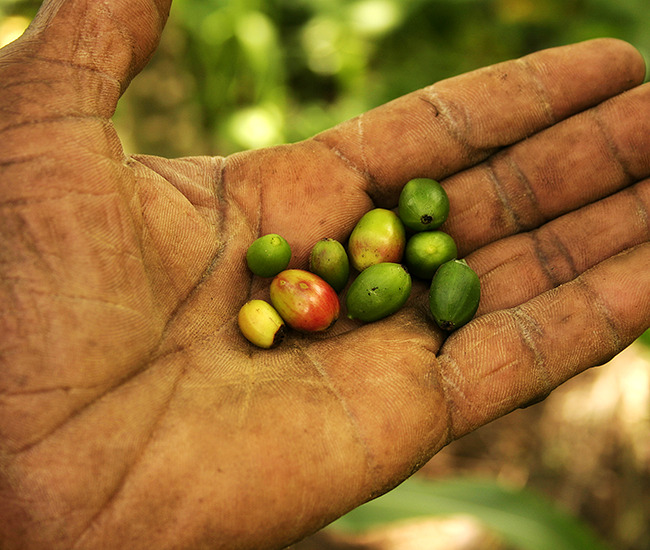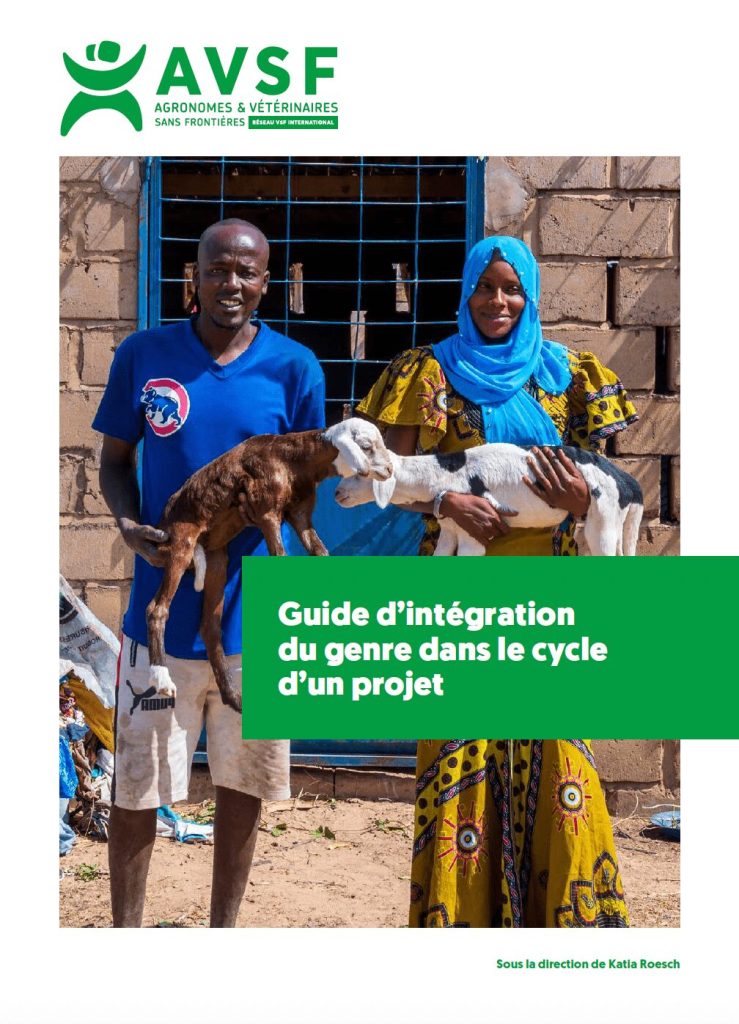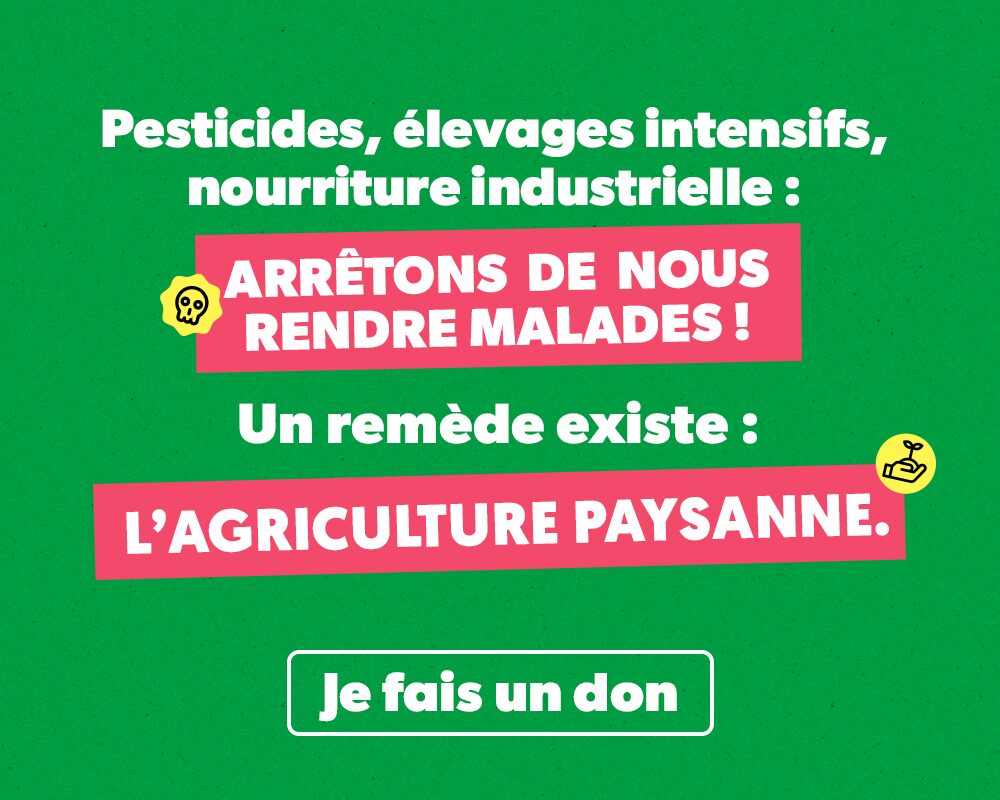In Haiti, 80% of agricultural production is based on peasant family farming, which plays a fundamental economic and social role for a large part of the population. This family farming is however strongly marginalized in the agrarian policy of the country, mainly dictated by the economic interests of some actors of an industrial type agriculture.
Family farms, with their groupings in organizations or even in clusters, fail to defend their interests to ensure food security and improve the incomes of the actors. Women, on the other hand, are particularly under-represented in these groups and at decision-making levels.
This program aims to support peasant organizations in strengthening their internal governance and in their advocacy to political and economic decision-makers, while supporting the development of consultation mechanisms with private and public service providers.
Strengthening and networking of farmers’ organizations: farmers who are members of farmers’ organizations have access to adapted and sustainable agricultural services and better protection of their rights and interests;
Support for agricultural innovations: farmers members of farmers’ organizations take ownership and use adapted innovations disseminated in the environment;
Consultation and policy dialogue: the needs of women and men on family farms are better reflected in public policies, programmes and agricultural services;
Promotion of gender equality: changes in the behaviour of men and women in peasant organizations and the strengthening of women in their autonomy and knowledge of their rights and interests, contribute to the active participation of women in agricultural governance.









